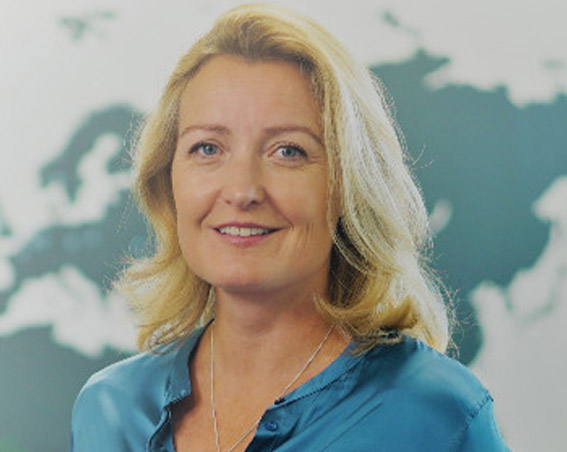THE CHANGING FACE OF COSMETIC SUSTAINABILITY STANDARDS
Over the last decade, the cosmetics industry has undergone a significant transformation in terms of sustainability, primarily driven by increased consumer awareness and demand for more natural products with eco-ethical credentials. The introduction of increasingly stringent sustainability regulations will accelerate this trajectory, impacting all players in the cosmetic industry to a greater or lesser extent.
The European Green Deal, a comprehensive plan that outlines a roadmap and action plan to redirect investments towards a climate-neutral, resilient, resource-efficient, and equitable economy, will significantly impact the cosmetics industry and have a ripple effect throughout the entire value chain. These new regulations, with their focus on increased transparency and stricter legislation around claims, will not only empower the end consumer to make more informed choices about their beauty products but also impact the smallholder farmers and collectives at the beginning of the supply chain and everyone in between.
As the regulations come into force, there will be a heightened need for traceability and transparency within supply chains, backed by stringent due diligence requirements to assess and mitigate risks. This increased scrutiny will push ingredient suppliers towards closer collaborations with the primary producers at the beginning of the supply chain, fostering partnerships that ensure sustainable practices at source, such as capacity building and support for smallholder farmers.
At AAK, we have a long history of taking this rigorous approach to sustainable sourcing. Our supply chain risk assessments cover climate issues (such as deforestation, biodiversity impact and negative agricultural impact on the environment) and social issues (such as human and labor rights, health and safety). Once we have identified the risks in the supply chain, we work collaboratively with relevant parties to develop mitigatory solutions and prioritize our shared efforts to create the sustainability roadmap, set goals, and measure and track impact.
We have long understood that change cannot happen in isolation, and critical sustainability issues can only be addressed through focused multistakeholder collaboration. Our core strength is engaging with customers, suppliers, industry bodies, social enterprises, and local governments to pioneer change and forge long-term partnerships. We are founding members of industry bodies, such as the Global Shea Alliance (GSA), the Roundtable for Sustainable Palm Oil (RSPO), and the Sustainable Coconut Partnership, which function as catalysts for change. We actively encourage interested companies to become members so we can work collaboratively to drive best practices and make a positive difference within the respective supply chains. Details on how to join are on the websites of the various organizations.
Meeting new environmental and social standards may involve cosmetic companies and brands in reformulating products, diversifying ingredient sources, rethinking packaging materials, and modifying production processes to minimize waste and emissions. Life Cycle Assessments (LCAs) can play a key role in helping to identify hotspots and prioritize areas for intervention. When it comes to natural ingredients, for example, most CO2 emissions, often up to 95%, come from a cosmetic manufacturer’s scope 3. An estimated 80% are FLAG emissions, which stand for Forest, Land, and Agriculture, and occur at the very start of the value chain. Therefore, it is crucial for brands and manufacturers to partner with ingredient suppliers who understand and are transparent about climate risks within their supply chains and can offer collaborative solutions.
Companies will have opportunities to differentiate themselves through innovation, such as implementing green chemistry principles, investing in renewable energy, and adopting more eco-friendly packaging. We are increasingly seeing the development of new ingredients and formulations to reduce reliance on petrochemicals, and the concept of waste reduction has gained traction. There is also a growing interest in upcycling byproducts, waterless formulations, and water-efficient production methods, all examples of the industry’s commitment to more sustainable practices.
The new regulations also offer greater scope for collaboration. Regulatory agencies will play a pivotal role in developing, implementing, and enforcing rules that promote sustainability and protect public health, the environment, and social well-being. Equally important is the role of industry associations, NGOs, and R&D institutes. They will need to realign their strategies, priorities, and resources to support the industry in meeting these new legislative requirements. Their role in advocacy, collaboration, and developing best practices will be crucial in helping the industry navigate this new landscape, providing a sense of collective effort and shared responsibility.
While the cosmetic industry will face significant challenges from the new sustainability standards and legislation, we also believe they will offer huge opportunities. Those players who adapt quickly and effectively will find themselves at a competitive advantage in a market increasingly governed by sustainability concerns. Moreover, these regulations will drive positive change beyond the cosmetics industry, contributing to global efforts to combat climate change and foster a greener, better future for all.
Experts
Panelists





























